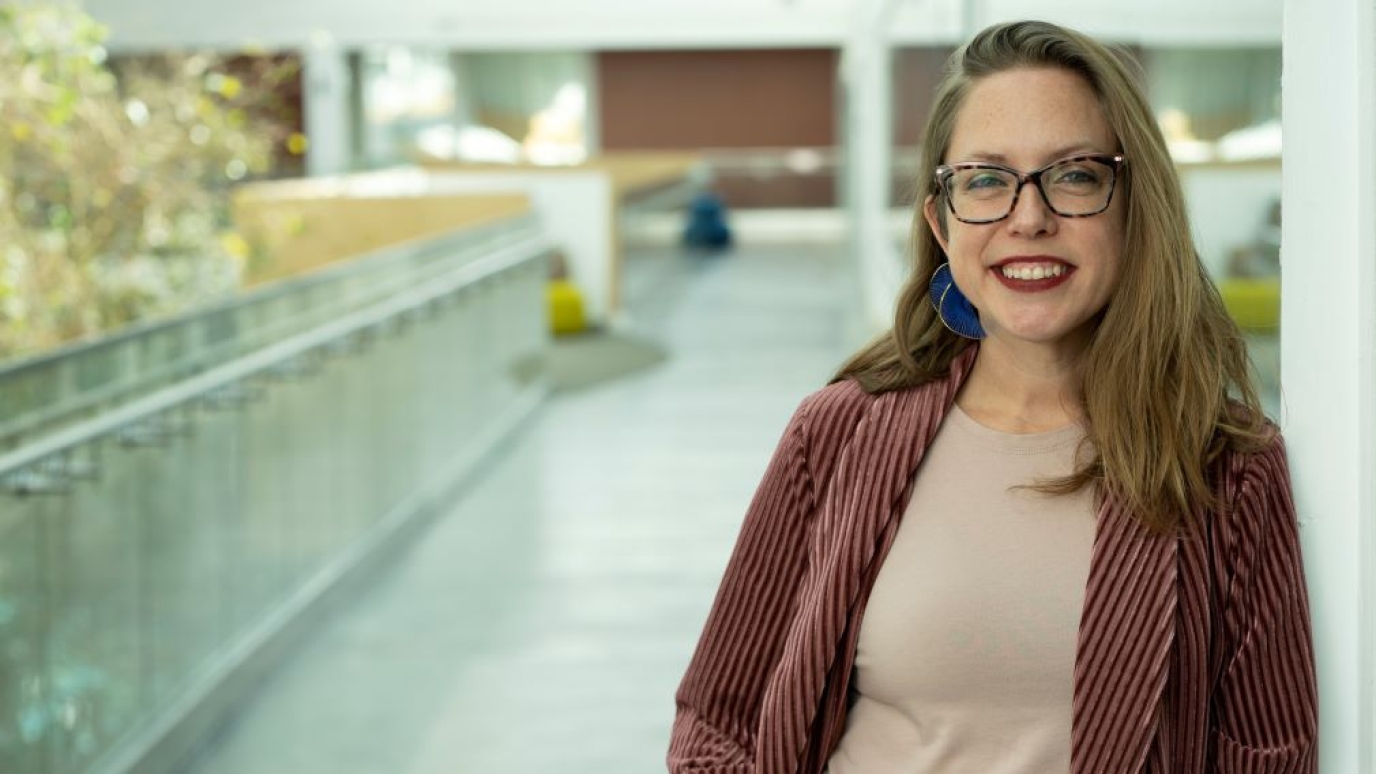
Sarah Smith, associate professor of Public Health, has been awarded a $500,000 grant that will be distributed over four years from the National Institute of Health to further her research regarding disease prevention among migrants from the Federated States of Micronesia who have relocated to Guam, indigenously known as Guåhan.
Awarded in September 2025, the funding will support Smith's research from New York, including hiring students as research assistants, while also supporting the work of the community members in Guam, who will be navigating Smith's research in the United States territory.
As a participatory action research project, Smith has worked with the migrant community in Guåhan and determined that the research will focus on the prevention of sexually transmitted infection (STI) and human immunodeficiency virus (HIV) among young adults ages 15 through 24 years old across all gender identities.
Smith credits the community with the decision to focus on this demographic, as they know their needs within their community the best. “Researchers can provide a support mechanism for data collection and analysis, but the community members are the experts of their lives. Participatory action research honors their expertise.”
Smith said that the United States’ territories get funded differently than the states do and that the current data related to sexual health in Guam is outdated and minimal as a result of these limited federal resources.
“Whenever funding is an issue, data collection struggles,” said Smith of the standard data collection needs in the area that only will be supplemented by her project. Poverty and discrimination also provide barriers to adequate healthcare in this region, she continued.
Smith’s inspiration for this and other areas of her research and service in Guam dates to 2012 when she was working on her doctoral dissertation. She lived in the territory from 2011 to 2015 conducting ethnographic research.
Through the grant, Smith will be able to hire two students each year as research assistants. This opportunity will allow students to learn how to conduct research in collaboration with grassroots community organizations and be recognized through research publication and presentation opportunities. The student research assistants will host virtual training sessions with the community groups in Guam and will collaborate with young adult collaborators in the territory.
“I hope that it confirms for students the multitude of ways that research can inform their public health practice,” said Smith.
The first phase of the research will focus on forming the research group, training the team members, and planning data collection together.
"During the second phase, we will first get ethics review approval for our planned data collection, as well as support from community leaders. Then we will start doing the data collection collaboratively,” Smith explained.
Then, the team will analyze the data and discuss findings in “talk-story sessions,” a narrative strategy popular in the Pacific that refers to the sharing of knowledge and stories. The evaluations and discourse in these sessions will locate the issues within the community regarding sexual health. Then, the community is expected to be able to develop and initiate programs for STI/HIV prevention based on their findings.
